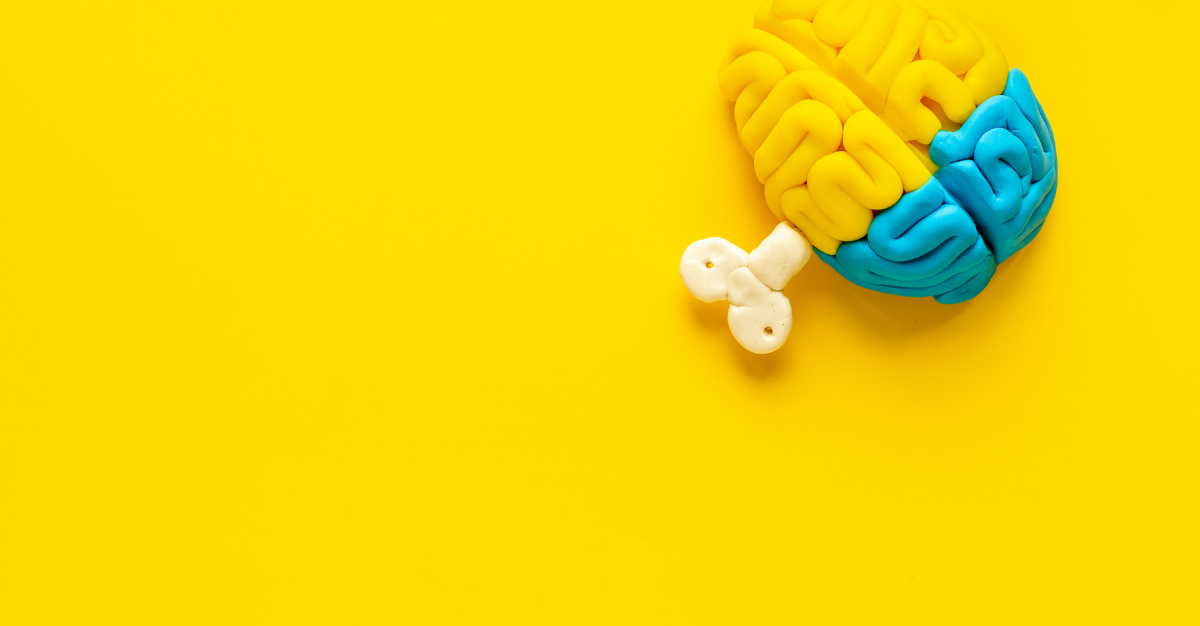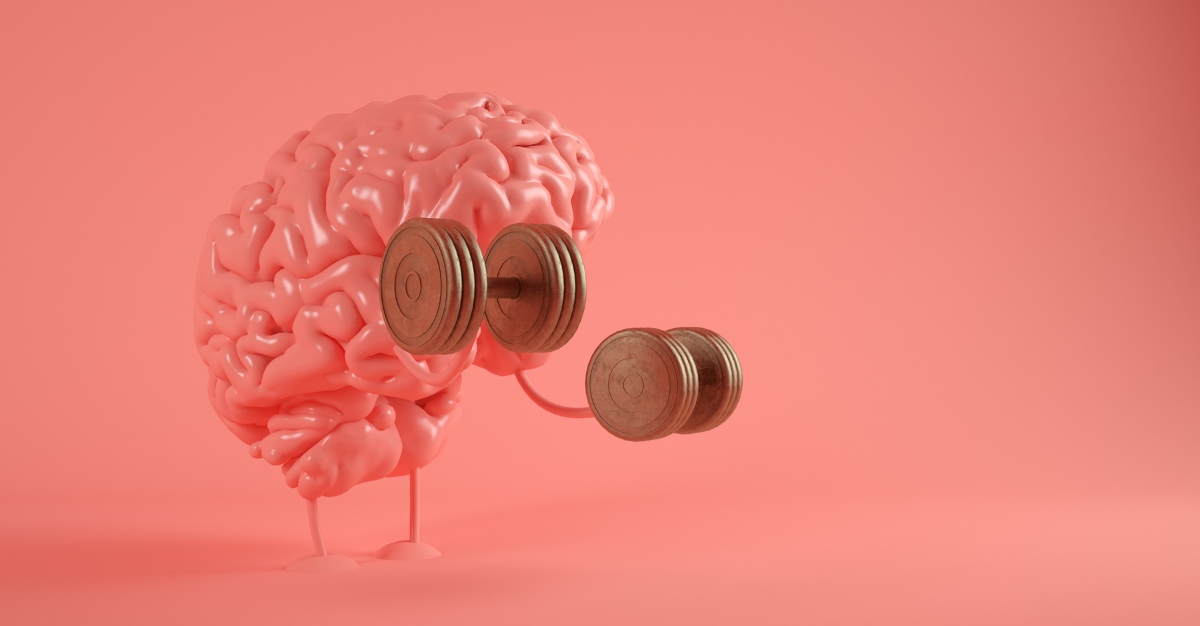Podcast: Play in new window | Download (Duration: 30:26 — 41.8MB)
Subscribe: Apple Podcasts | Email | TuneIn | RSS | More
Welcome back to Green Wisdom Health, the podcast that provides a path to vibrant health and clarity of mind. Today’s episode is Proactive Measures for Brain Health: Strategies to Combat Dementia and Alzheimer’s —an urgent exploration into the intricacies of our most vital organ. We’re diving deep into the genetic nuances of single nucleotide polymorphisms—SNPs—and how methylation defects can ripple through our health, affecting everything from liver function to serious health conditions like diabetes, dementia, and autoimmune disorders.
Join Janet Lewis and Dr. Stephen Lewis for profound personal accounts and critical insights into how something as simple as a b twelve methyl supplement can profoundly impact your energy and overall well-being. We’ll dissect the alarming connection between common sleep medications and the risk of dementia and why bolstering your brain’s health with the right minerals, particularly omega-3 fatty acids, is non-negotiable in today’s dietary landscape.
We’re not just talking fish oil here—we’re looking at the broader impact of our food choices. We cover everything from the perils of seed oils and farmed fish to monitoring allergies and environmental factors such as high copper levels.
But that’s not all. Our conversation will also bring to light the importance of liver health, particularly in the wee hours of the night, the controversial role of alcohol, and how toxins can spark inflammation, leading to a cascade of neurological diseases.
Vitamin D, cholesterol, and carnitine are all interlinked, and we’re unraveling the connections with practical advice on supplements, lifestyle, and preventative measures. Because the stakes are high, dementia and Alzheimer’s threaten not just our health but also our financial stability and relationships.
We’ll discuss how to reverse cognitive decline with a comprehensive approach. This includes optimal memory support and potent carotenoids such as lutein, crucial for your eyes and the cradle of your cognition in the fight against Alzheimer’s.
So grab a healthy snack, settle in, and take a proactive step into better brain health.
Remember, this isn’t just a journey—it’s a commitment to love, patience, and perseverance for a productive, healthy life. This is Green Wisdom Health, and we’re starting right now.
“The night is a battlefield for detoxification; our liver meridian working overtime between 1 and 3 am to cleanse us of the day’s intake.” – Dr. Lewis
Today on Green Wisdom Health:
? The crucial link between methylation defects and various health issues – Why your liver health could be the key to understanding and improving your overall wellness.
? The power of Omega-3s – Discover the importance of these essential fatty acids for brain health and why modern diets are falling short.
? Risks hiding in common sleep aids – Learn about over-the-counter medications that could be secretly jeopardizing your mental faculties.
? Personal experiences with B12 methyl supplementation – Hear first-hand accounts of the energy and health benefits it can bring into your life.
? Strategies to avert neurodegenerative diseases – Adopting preventive measures to fend off cognitive decline before it’s too late.
? Curated supplementation advice – From carotenoids to ginkgo biloba, get recommendations on natural ways to bolster your brain health and memory.
Resources Mentioned:
– “The Omega-3 Connection” by Dr. Andrew Stoll – for an in-depth understanding of the importance of omega-3 fatty acids.
Green Wisdom Health
Dual Detox (120 caps)
Support Against Oxidative Elements* Helps Protect Tissues from Oxidative Stress* Supports Detoxification*
Green Wisdom Health
Optimum Memory (30 Capsules)
Maintaining cognitive function is an increasingly important challenge with the aging United States population. Aging is often associated with functional changes in the brain that can affect event recall ability, thought organization, and ability for self-expression. While some memory loss is common in the aging population, factors such as free-radical damage, nutrient deficiencies, lifestyle choices, and emotional stress affect cognition with age.
Green Wisdom Health
Eye Essentials Plus (60 Capsules)
Eye Essentials Plus includes a unique blend of key nutrients formulated based on current research. These nutrients have been shown to help maintain the long-term health of the eyes.
Green Wisdom Health
B-12 Methyl Supreme (60 Capsules)
B-12 Methyl Supreme is a comprehensive formula that includes targeted amounts of five key nutrients designed to support methylation and homocysteine balance in the body.
Remember, it’s never too late to make changes that can enhance your health and vitality. Be proactive, be informed, and most importantly, be kind to your brain. We’ll be back next time with more Green Wisdom Health. Stay tuned and stay healthy!
Are you ready to take control of your health and start feeling your best?
Green Wisdom Health is excited to offer an exclusive 10% off on our Male Health Extensive Profile Lab Panel and the Women’s Extensive Hormones Weight Loss Lab Panel.
Our comprehensive lab panels are designed to give you deep insights into your health and help you understand what your body needs to thrive. Whether you’re looking to boost your energy, improve your hormonal balance, or kickstart your weight loss journey, our tests provide the clarity you need to make informed decisions about your health.
Visit GreenWisdomHealth.com and use the code BALANCE to claim your discount.
Don’t wait to feel great—take the first step towards a healthier you with
Green Wisdom Health today.
For more information and personalized nutrient plans tailored to your health needs, please get in touch with our Green Wisdom Health team at (903) 663-1008
You can also explore our integrative nutrition programs and resources on our WEBSITE
Remember to check out the products we’ve discussed today, available at our WEB STORE.






